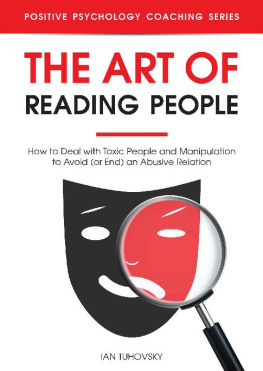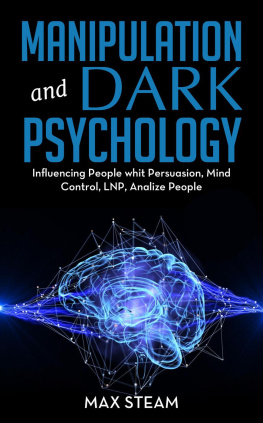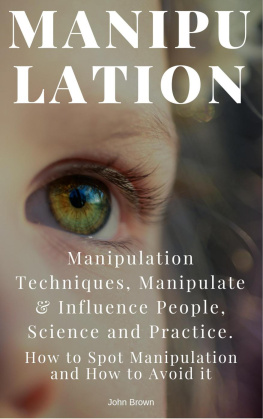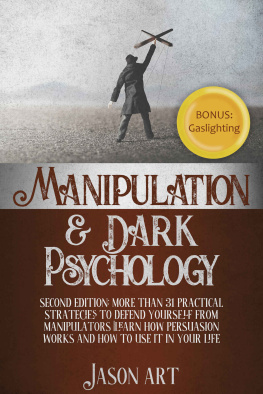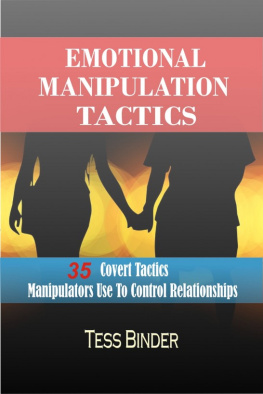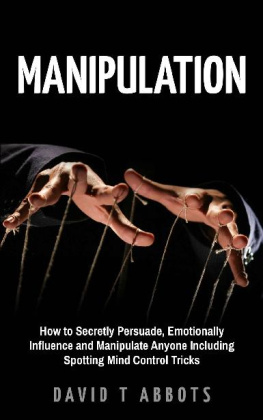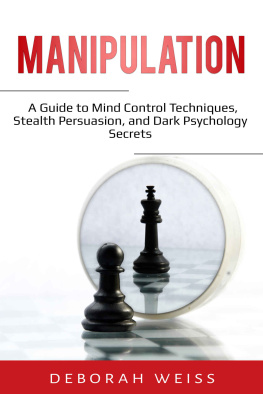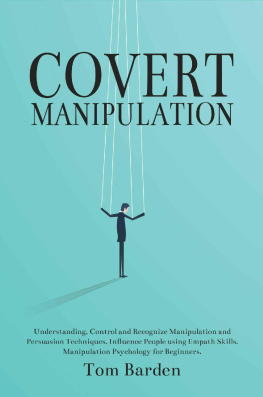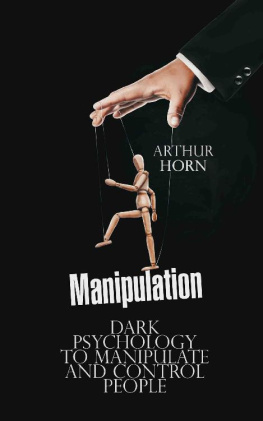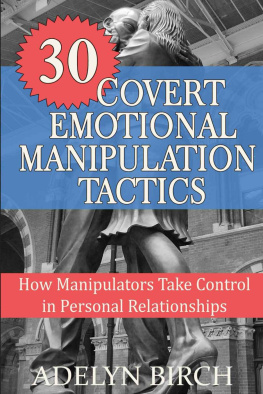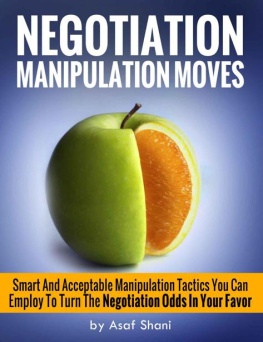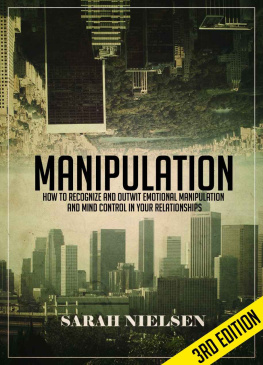Everyone thinks theyre an expert about other people. Maybe even you do. I used to think the same thing for years and years. I've been dealing with people my whole life, so how could I not know how to read people? Until I reached that stage where life threw me a few hurdles, as it often does, those challenges forced me to reconsider my arrogance, invest in learning, and discover that almost everything I thought I knew might not be true.
See, heres the thing: We can't get better at something until we know our own limits.
We don't really notice how challenged we are at reading people until we do such a bad job we're shocked at ourselves. Which is probably where you are right now. And I know it's hard. I've been there. But you're doing a great thing for yourself: you're taking the first step to truly understanding other people. Not just people who are like you, but people so completely different that until recently you probably never knew they existed.
Fortunately, you don't have to go through it alone. Not only do you have this book as your guide, but, as I did, you will be surprised to find out how many other people are, or have been, in your position. And you will find endless support from them as you begin to learn how to read people.
So even if right now you are still reeling from a painful end to a relationship, do not let that pain consume you. Do not give up on people. In learning to read them, you will learn who isn't on your side and you will also learn who is. You will learn how to avoid bad relationships, but also you will forge great relationships. Which is just as important.
CHAPTER ONE: THE IMPORTANCE OF READING PEOPLE
To understand why it is important to read people, and read them well, we must first know what it means to read people. Let's go to the clich:
I read you like a book.
What does that mean? It means that we can see and understand the thoughts and motivations behind their actions as clearly as if they were written down on paper. It means that their secrets are clear to us, like someone is narrating them.
Reading people, also known as social intelligence, involves looking at someone and seeing the deeper meaning behind their actions. We often like to think we are reading people. But in reality, we are usually only guessing.
How do we know we are guessing? Because when we read people naturally were really only empathizing with them. We interpret their emotions and take on their feelings are our own. And then we create our own stories around those feelings. Doing this presents a challenge.
Don't misunderstand, I think empathy is a beautiful thing. Empathy ensures that we look after each other, that we do not cause undue harm, that we show care and consideration even for people outside of our immediate social circle. Empathy is the reason humans make great parents, or that charitable giving and volunteering makes the world a better place.
But empathy can also give rise to solipsism or nihilism. Solipsism means to assume that your reality is the only real reality. When you are a solipsist, you act as though everything you perceive, think, and feel is objective. Which means that if someone else perceives, thinks, or feels differently, we judge them as wrong.
Being a nihilist is a little different. Nihilism denies that there is any distinct real or subjective reality. When you are a nihilist you act as though anything abstract lacks meaning. A problem arises with that perspective because to us everyone else's mind is abstract! We accidentally go back to solipsism. So, our reality becomes the rule and we dismiss everyone else's reality as a meaningless bit of abstract thought.
When we try and read people naturally, using empathy, we aren't reading them at all. We are just judging them based on how we would feel, or what we would think if we were in their situation.
This works very well when we are child-rearing or donating to charity. When someone cant tell us what they think and feel, we must use our own thoughts and feelings to gain some perspective. This method also works well when we are interacting with people similar to ourselves.
However, when a person knows us, is in front of us, and is intentionally deceiving us, empathy does not work!
If deception occurs, we need to start being more analytical and start truly reading a person. When we begin reading them, we have to accept that this person may not be who they claim to be. They may be telling lies. Relating fake experiences. Showing fake feelings. Successful reading begins when we unravel their web of lies and get to the real reason behind it.
To actually read someone we need to step outside our own shoes. Because the sort of person who fakes their emotions and lies about what they have experienced and what they think differs from us.
Let's go back to my first experience with a liar. I dont mean a normal person telling a lie, but someone who consistently, deliberately lied to get their own way. I was around seven or eight at the time, and this other kid at school was always winding me up.
He would call me names, try and hurt me, try and steal my things. And as soon as I reported him to the teachers he masked his expression into the perfect poker face and said he didn't know anything about it. Sometimes he would cry and claim it was me who hurt him !
I never understood it. Normally when kids fought at school they wanted it resolved as soon as possible. Other bullies I met throughout the years were proud of being bullies. This kid enjoyed hurting me, then lying about it every single time. I could not understand what he got out of it.

